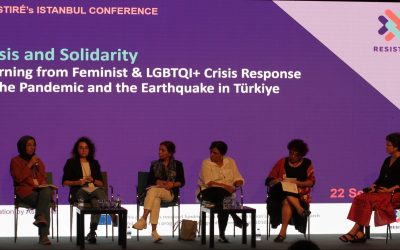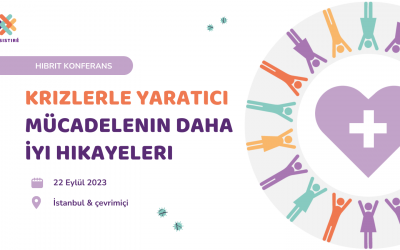Quantifying gendered inequalities due to Covid policies
The RESISTIRÉ team, supported by its network of 30 national researchers, has collected and analysed extensive data on gendered inequalities stemming from COVID-19 policies at national and regional levels.
The report provides an overview of the first cycle mapping of quantitative, comparative information on indicators that allow us to measure and monitor the economic, social and environmental impacts of COVID-19. The collected data provides quantitative insights for the project’s co-creation phases.
Our methodology
Two types of mapping have been conducted, which provide us with European and national insights on the impact of COVID-19. The first mapping (European insights) looks at official secondary data sources at international and EU level, while the second mapping (national insights) concerns Rapid Assessment Surveys (RAS), which are studies conducted on the initiative of lobby groups, scientists or official agencies that provide fast, research-based assessments.
Substantial disparities in wellbeing between groups
The findings of this first cycle of quantitative mapping describe a complex picture, where women remain significantly disadvantaged across all domains despite the progress in gender equality made in the last decade. A closer look at disaggregated data shows substantial disparities in the standards of living and in the wellbeing between socio-economic groups.
EU databases must consider a variety of inequality groups to understand Covid impacts
While evidence provided a clear picture of some aspects of inequalities in Europe, a detailed analysis was not possible for all domains due to data availability. In particular, comparable and harmonised data at a European level is needed on the gender pay gap, gender-based violence, decision-making and environmental justice. There is an urgent need for European databases to take varied inequalities grounds into consideration to better understand the economic, social and environmental impact of COVID-19 related policies through a gender+ lens. Rapid Assessment Surveys from each of the countries included in the project, which are fast research-based assessments, have proved useful for filling some of these gaps and offer an insight into issues at national level.



